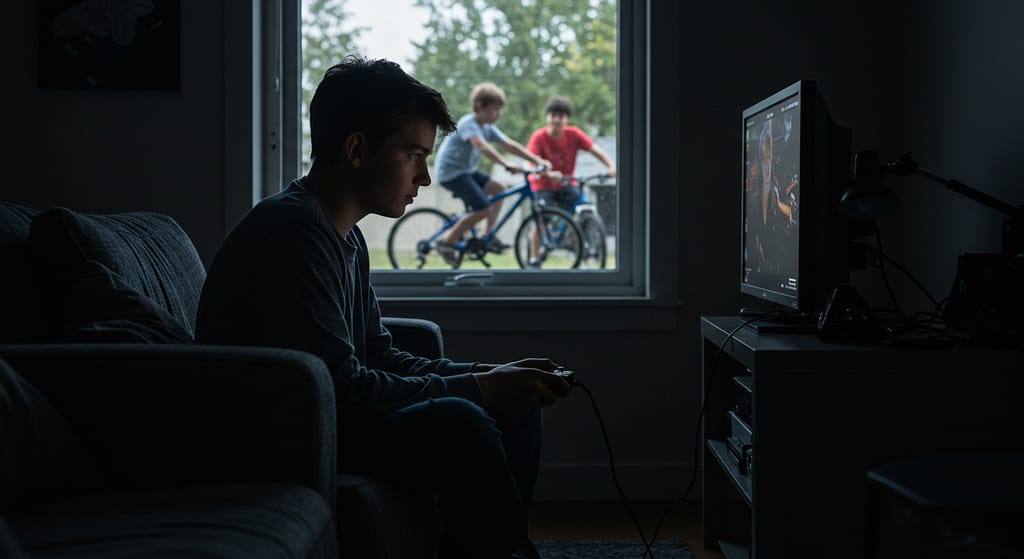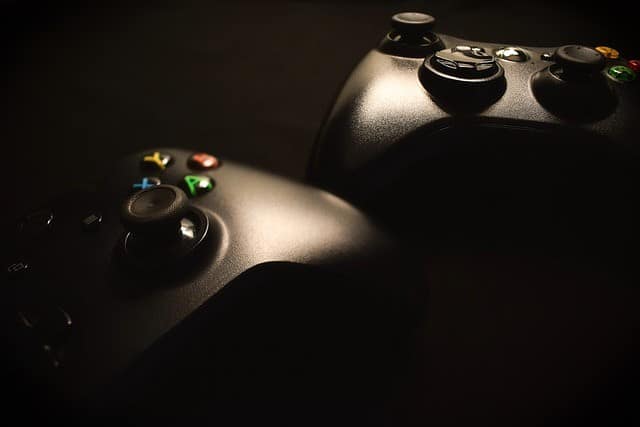
Video games may seem like a helpful distraction from depression—but are they really? For many teens, spending time gaming feels like a fun escape. But over time, what seems like entertainment can actually feed the very emotions you’re trying to avoid.
Let’s be clear: this isn’t about demonizing games. It’s about recognizing how they’re used—and when they’re replacing true healing.
The Masking Effect of Screens
In today’s digital age, video games and smartphones often serve as masking mechanisms for depression. Rather than facing low moods head-on, many teens distract themselves with endless hours of gaming, scrolling, or streaming. The issue is, distraction is not the same as healing.
The problem gets worse when this screen time becomes addictive. Teens spend hours in isolation, often numb, not truly enjoying what they’re doing—just avoiding what they’re feeling. While the negative emotions may fade momentarily, they always return, sometimes heavier than before.
Gaming also provides a shield against real-life social interactions, which for some can feel threatening due to bullying, anxiety, or low self-esteem. In-game, teens feel safe—but prolonged avoidance of real-world connection only deepens emotional struggles.
The Case for Movement and Interaction
Studies have shown that physical activity is one of the most effective natural tools for fighting depression. Exercise releases endorphins, chemicals that naturally elevate mood, improve sleep, and reduce stress. It offers what video games don’t: real, physiological change.
You don’t have to be a gym rat to benefit. A walk around the block, a bike ride, or even skateboarding can do wonders. These activities also create chances for organic social interaction and connection—key ingredients in building self-confidence and emotional well-being.
It’s All About Balance
Let’s be real: some screen time is okay. Video games aren’t inherently bad—but how much, how often, and why you play matters. If you’re using them to hide from the world, it’s time to reassess.
Ask yourself:
- Are you avoiding people?
- Have your grades or responsibilities slipped?
- Do you feel more disconnected after playing?
If so, consider setting boundaries around your gaming time. Start with small shifts—replace one hour of gaming with something that makes you move or interact. You don’t have to go cold turkey—just start moving toward balance.
Dig Deeper and Seek Help
If the screen is your comfort zone, ask yourself what’s driving you there. Is it fear of social rejection? Struggles at school? Anxiety? Depression doesn’t always show up as sadness. It can look like avoidance, fatigue, or withdrawal.
Don’t ignore it.
Talk to someone you trust. A parent, teacher, or counselor can help guide you toward healthier habits and professional support if needed. Depression is a real condition—and it deserves a real solution, not just a controller in your hand.
The Bottom Line
Video games might offer temporary relief—but they’re not a cure. Healing from depression takes intentional effort, self-reflection, and often support from others. With help, you can find tools, habits, and routines that don’t just distract you—but truly transform you.
You’re not alone—and there’s a better way forward. 💬
Let’s talk about it in the comments below.

